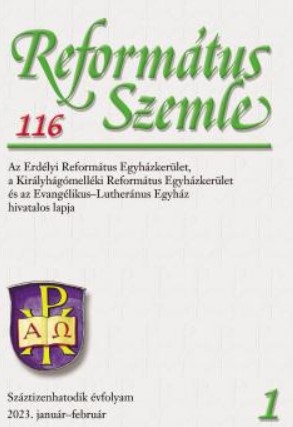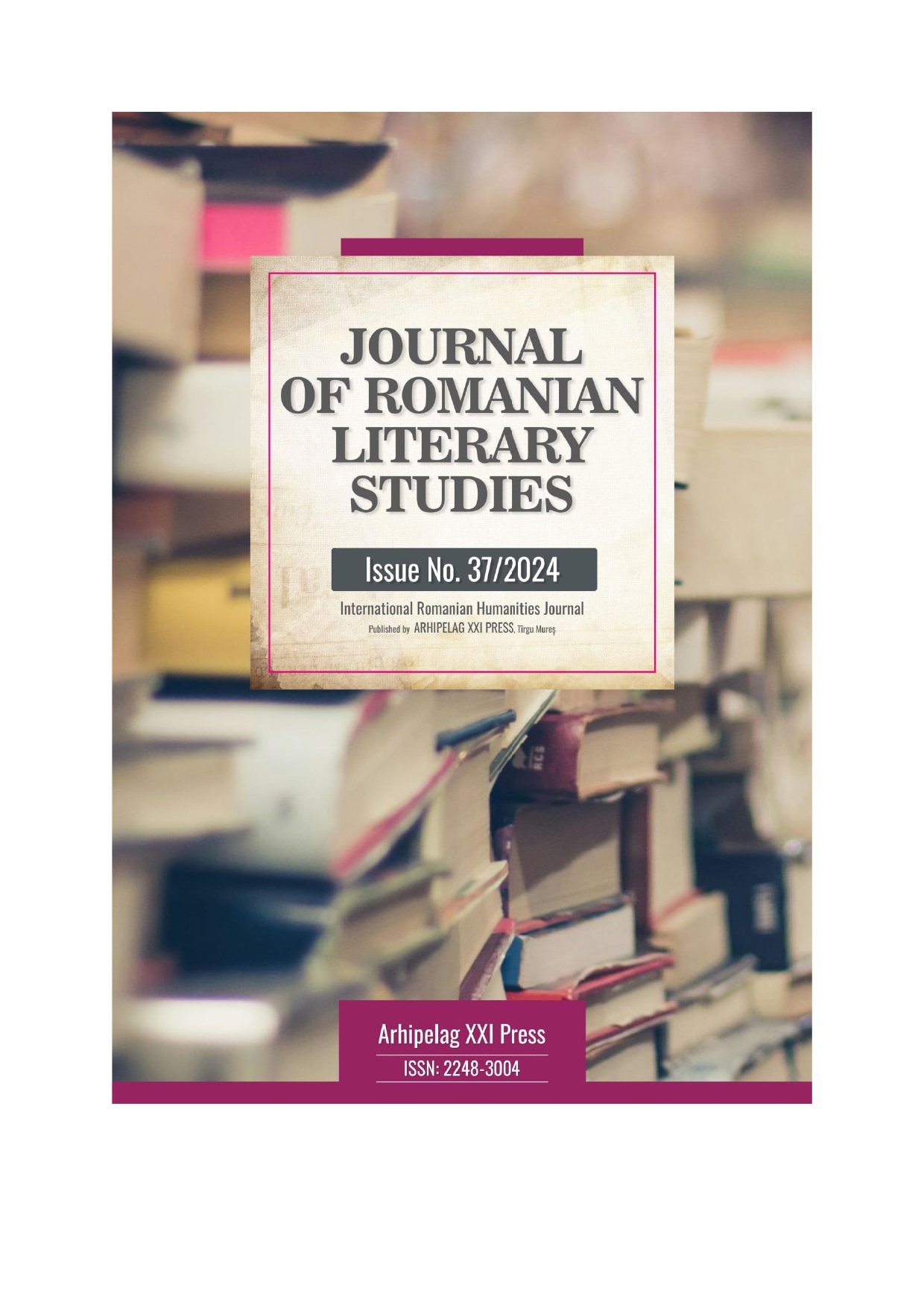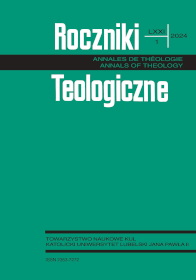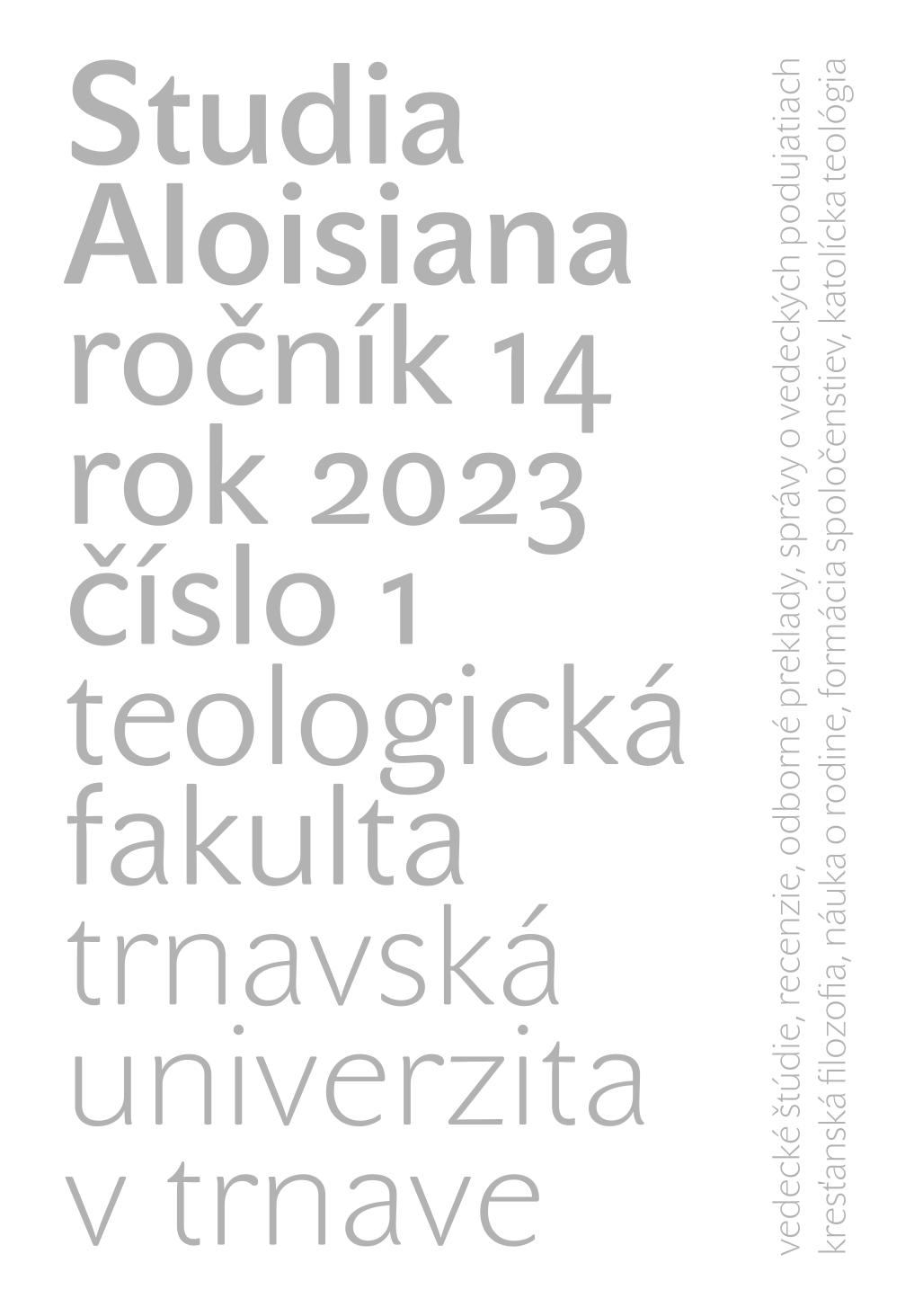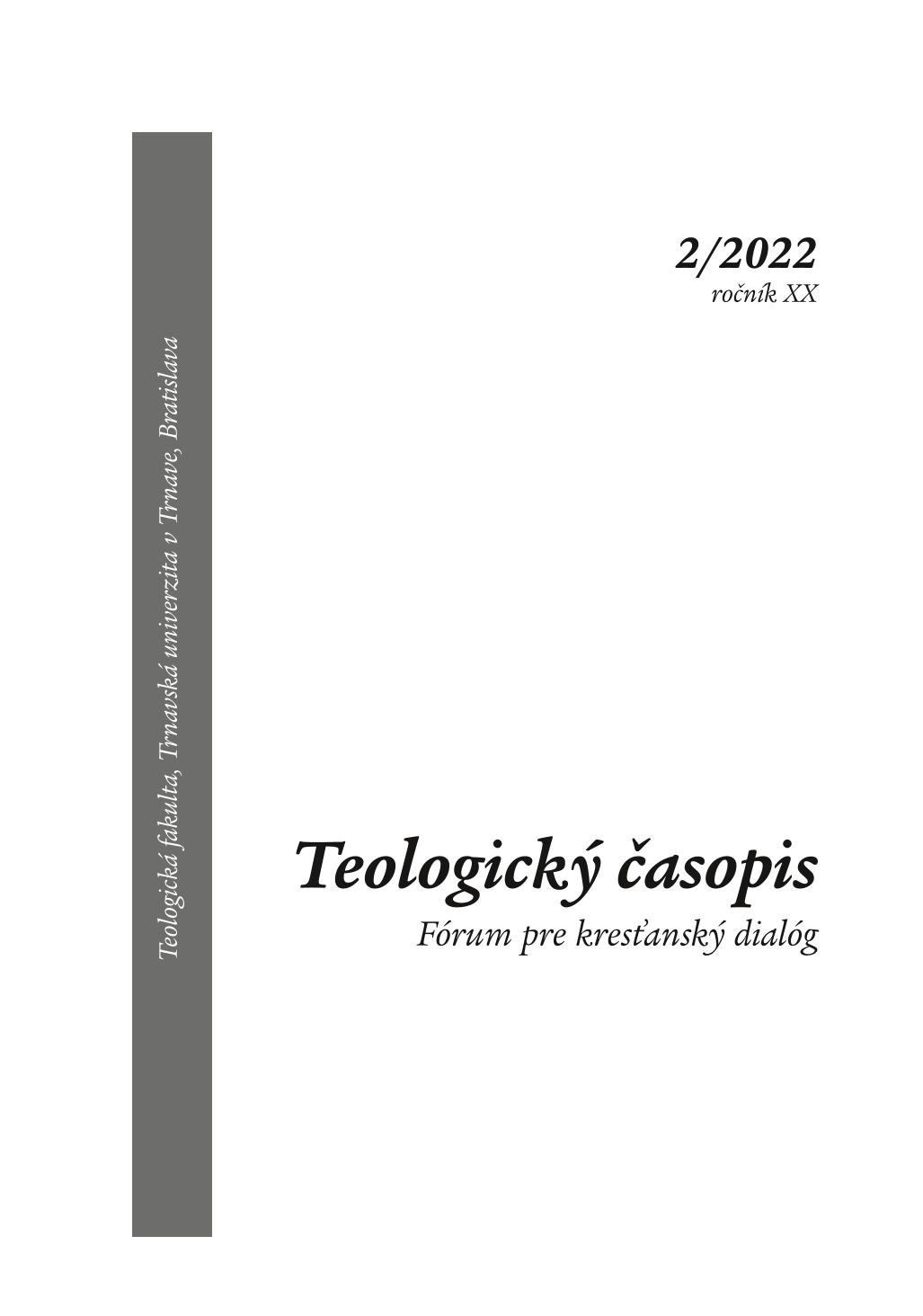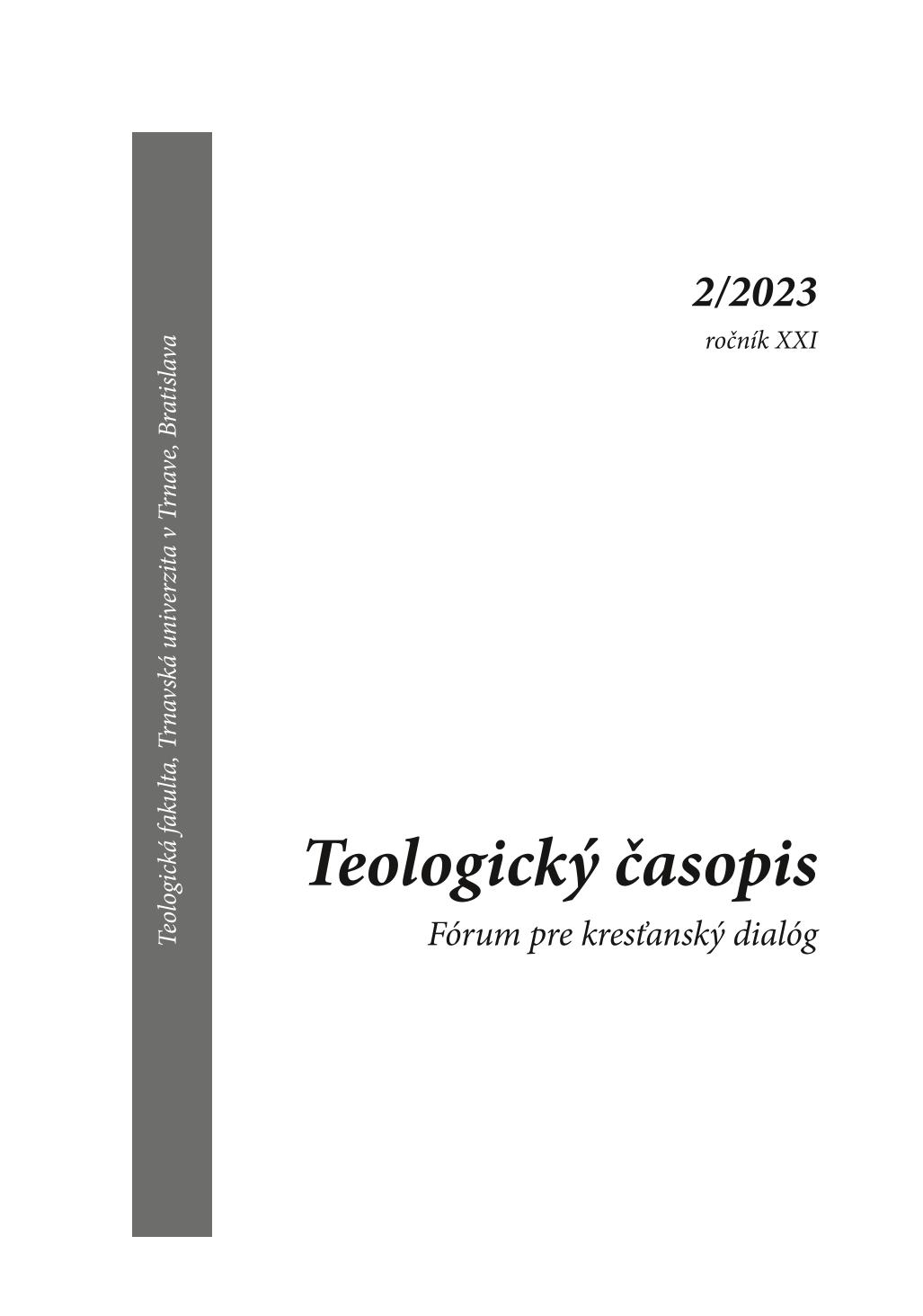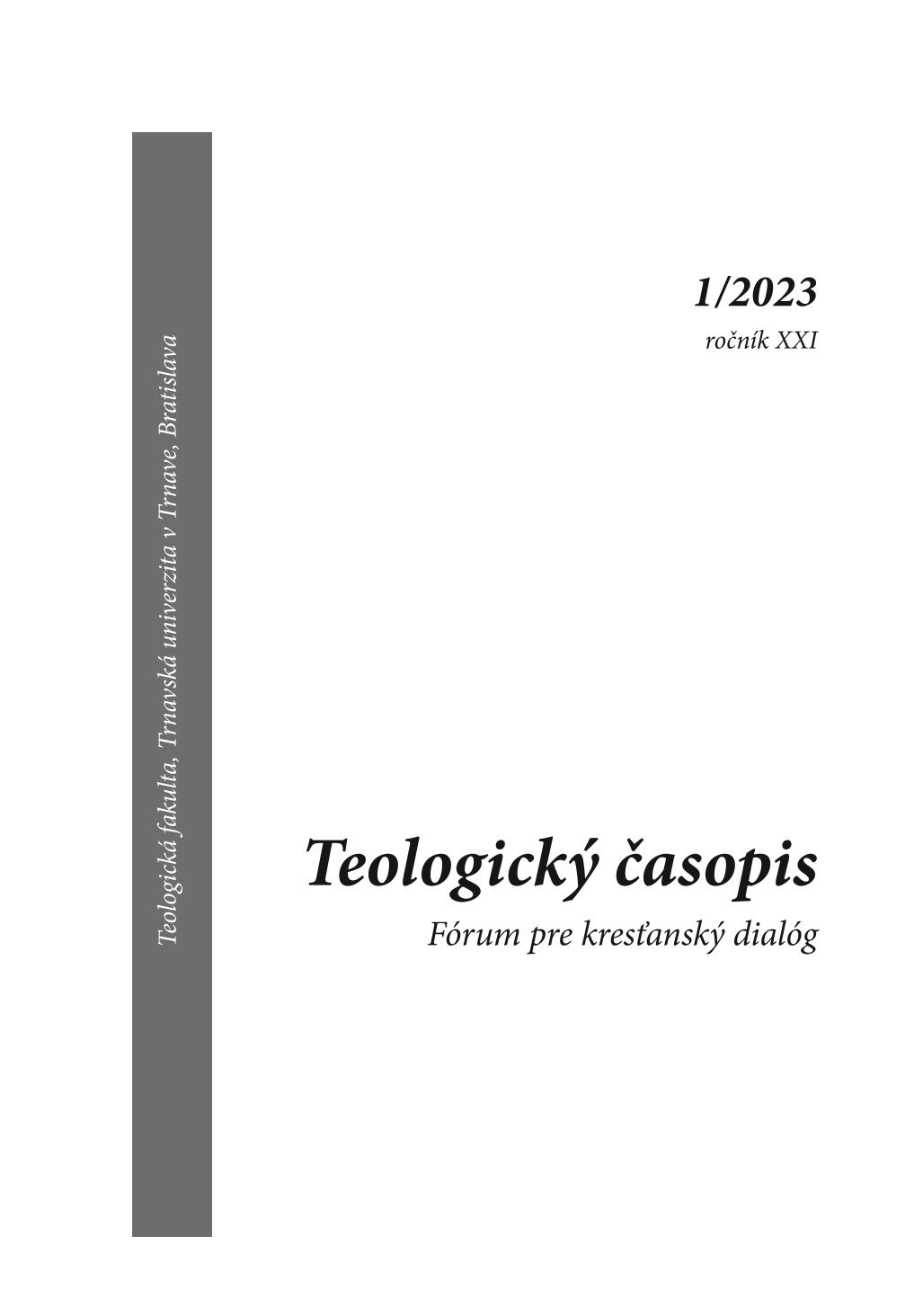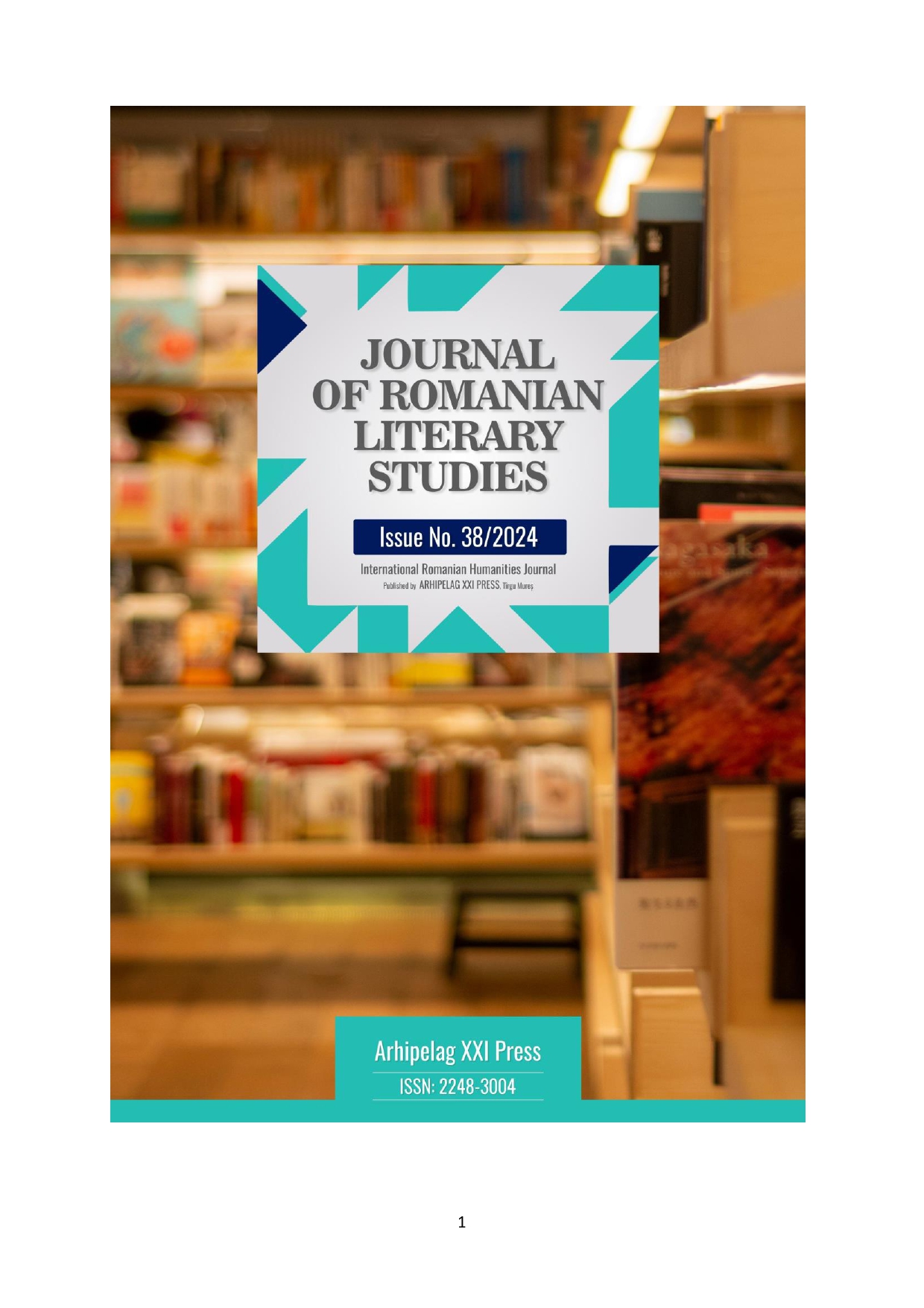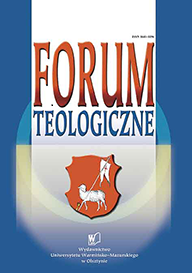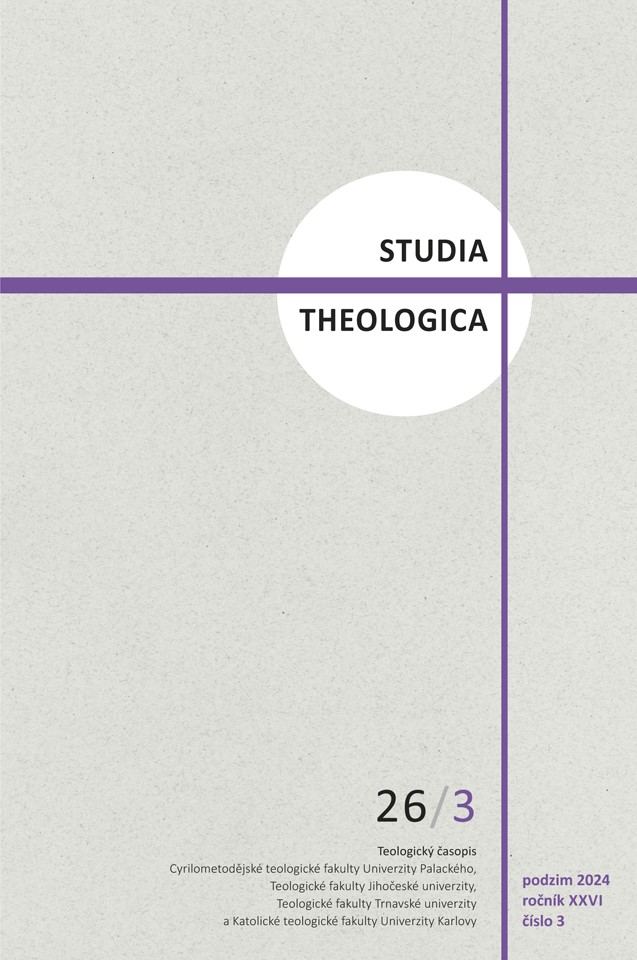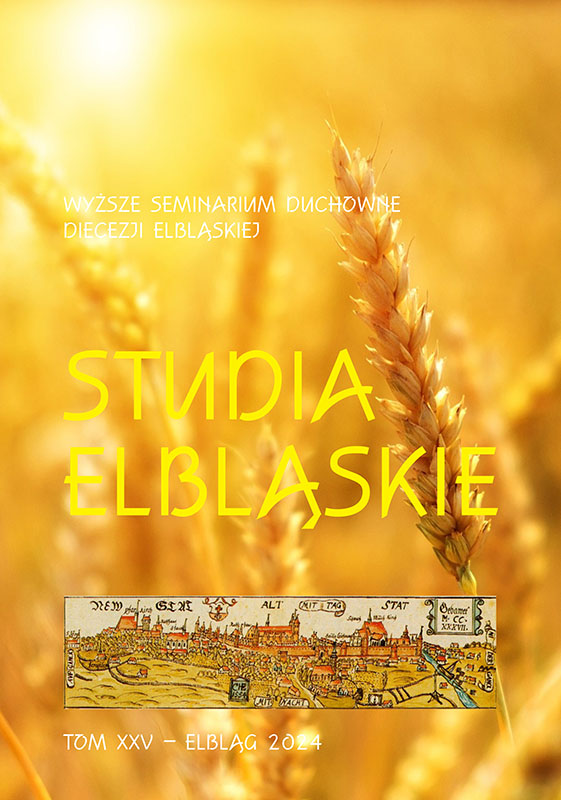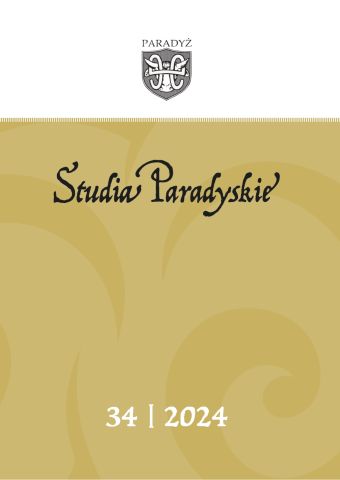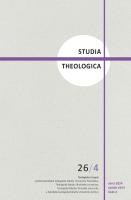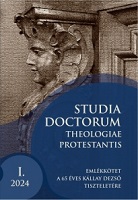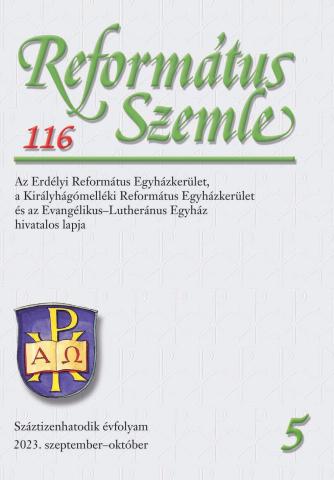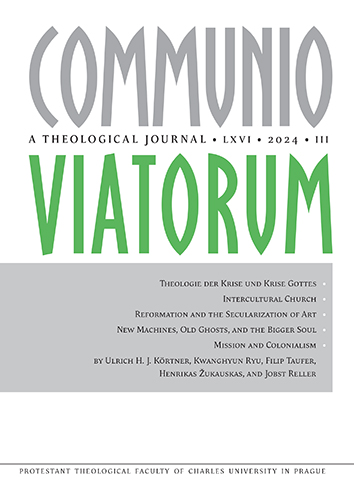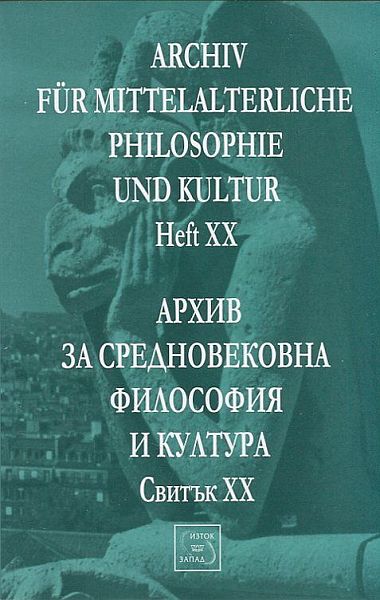
Понятието „възможност“ и новата метафизика на Джон Дън Скот – чрез „невъзможност“ към онтология
The text will try to show that the concept of “possibility” by John Duns Scotus plays a major role in the new way in which metaphysics begins to be considered, namely its transformation from ontotheology to ontology. Scotus is focusing his argument of God’s existence on the cross point between logic, ontology and the limits of natural reason. The stress that the Doctor Subtilis puts on the boundary of natural human intellect becomes later a major philosophical problem, reconsidered by the Scotistic metaphysical tradition and later by the critical theory of Immanuel Kant. We aim to demonstrate, that the epistemological teaching of Scotus should not be reduced simply to logics, because it has “ontological implications”, that are allowing him to make metaphysical conclusions with the help of arguments, based only on natural reasoning. We examine the usage of the concepts possibility and necessity, the logical law of Scotus and his argument on existence of God and show, that the ontological implications within the logical argumentation of the Scottish master allow him to make metaphysical conclusions, which results into the shift between ontotheology to ontology, where the first known by the intellect is maintained to be the univocal concept of being qua being, that is marking the positive boundary of human natural intellect, where logic and ontology coincide and build the ground for metaphysics, understood as scientia transcendens.
More...
